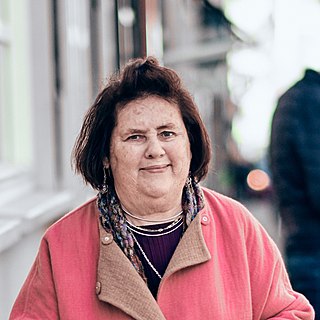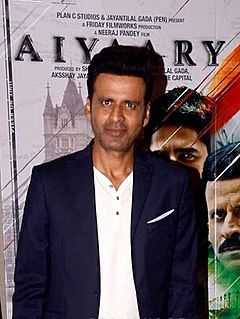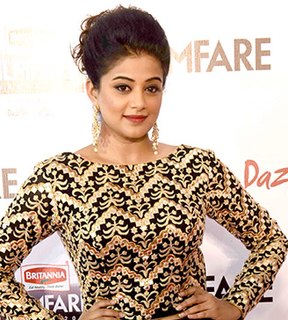A Quote by Roger Deakins
I think technology has advanced so far now that there are some cameras on the market that give film a run for its money. It's all about flexibility in capturing images, and digital or film, it doesn't matter to me.
Related Quotes
I was free always. I could work without the money, to film this and that. But this is another point, because now I'm alone, and I can just use it when I want. I think the digital cameras have changed my view. Even though sometimes, including the installations that I show, I mix 35mm filming and video handmade.
The dreams of the past - whether it was public TV being rolled into the classroom to teach Spanish, or the film projectors or the videotapes or the computer-aided instruction drill systems - the hopes have been dashed in terms of technology having some big impact. The foundation, I think can play a unique role there. Now, our money is more to the teacher-effectiveness thing, and technology is No. 2, but I'll probably spend more money on the technology things.
You cannot do everything you want with the 3D camera, it's too big, and the digital quality of those cameras is a little bit limiting. With film, you have a lot more subtly, like with highlights and color. In terms of sharpness they (both formats) are very close; but in terms of nuance, of color and contrast, film is far superior.
Various studios are still shooting on film with digital grain and the DI negatives, it's not ideal. We should really be all film or all digital. But that being said, the old way of graining in the camera, now you can make changes like a painter. It's dangerous because you can ruin the film, you can over-fiddle. We've all seen films and gone 'what the hell is that?'
Now I realize that I have to let everyone take what they have to take from the film. No matter what I think about the film, it becomes a little irrelevant. I think I would say that the film is trying to show us that - and I spoke about that earlier - we have to let the teachers invest in their own classroom. There's no use in trying to control everything. Education is fundamental.
As far as digital technology has come, there's still one thing that digital cameras won't do: give you perfect color every time. In fact, if they gave us perfect color 50% of the time, that would be incredible, but unfortunately every digital camera (and every scanner that captures traditional photos) sneaks in some kind of color cast in your image. Generally, it's a red cast, but depending on the camera, it could be blue. Either way, you can be pretty sure-there's a cast.




































